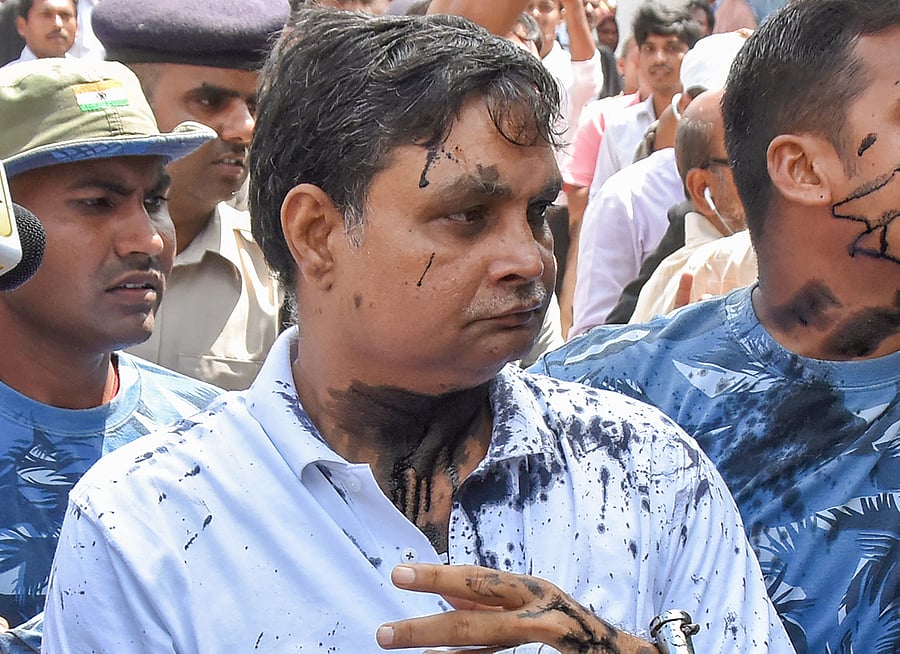
Immediately after horror stories of abuse of the inmates of a shelter home in Muzaffarpur in Bihar became public, there are similar and worse stories from another shelter home, this time in Deoria in Uttar Pradesh. The victims in both the shelter homes are children, teenagers and women, and all of them are poor and destitute. Some of them are people with special needs. They were sexually abused, tortured and ill-treated and one of them in Muzaffarpur was killed. The minor girls in Deoria were not only sexually abused but also trafficked and pushed into prosecution. The sordid happenings in both places went on for a long time and came to light only by accident. While 24 girls, some of them under 10 years of age, were rescued from the Deoria home, 34 of the 44 inmates of the Muzaffarpur home were shifted out.
These two are not isolated cases. Cases of ill-treatment and abuse of hapless inmates have been rampant and have been reported from many other shelter homes. The abuse at Muzaffarpur came to light after a social audit by the Tata Institute of Social Sciences (TISS) reported it. The TISS, which audited 110 institutions, reported that there was sexual abuse in six of them, physical abuse in 14 of them and ill-treatment of various forms in all. There are 9,000 such homes for children and woman in the country and such terrible conditions are the reality in most of them. Many of them operate illegally, like the Deoria home did. Most are funded by state and central governments, but many are managed by NGOs. Those who are in charge and the officials who have to monitor and supervise the institutions are often guilty of lapses, and worse. People with influence and politically connected persons are also involved. CBI investigations have been ordered into both the Muzaffarpur and Deoria scandals, but there are charges that some people involved are being protected.
It is not just the legal responsibility but the moral and humanitarian duty of the state to ensure that the guilty are punished and the homes are managed well, ensuring the safety and security of the inmates. There should be a strong system of management in which the state and local administrations are involved with regular supervision and auditing by independent agencies. Those in charge of the institutions and the staff should be screened thoroughly, and women should be selected for these positions. Local communities should also be involved in the running of the homes. Effective steps should be taken and fool-proof systems implemented in all the homes so that such horror stories do not occur again.
